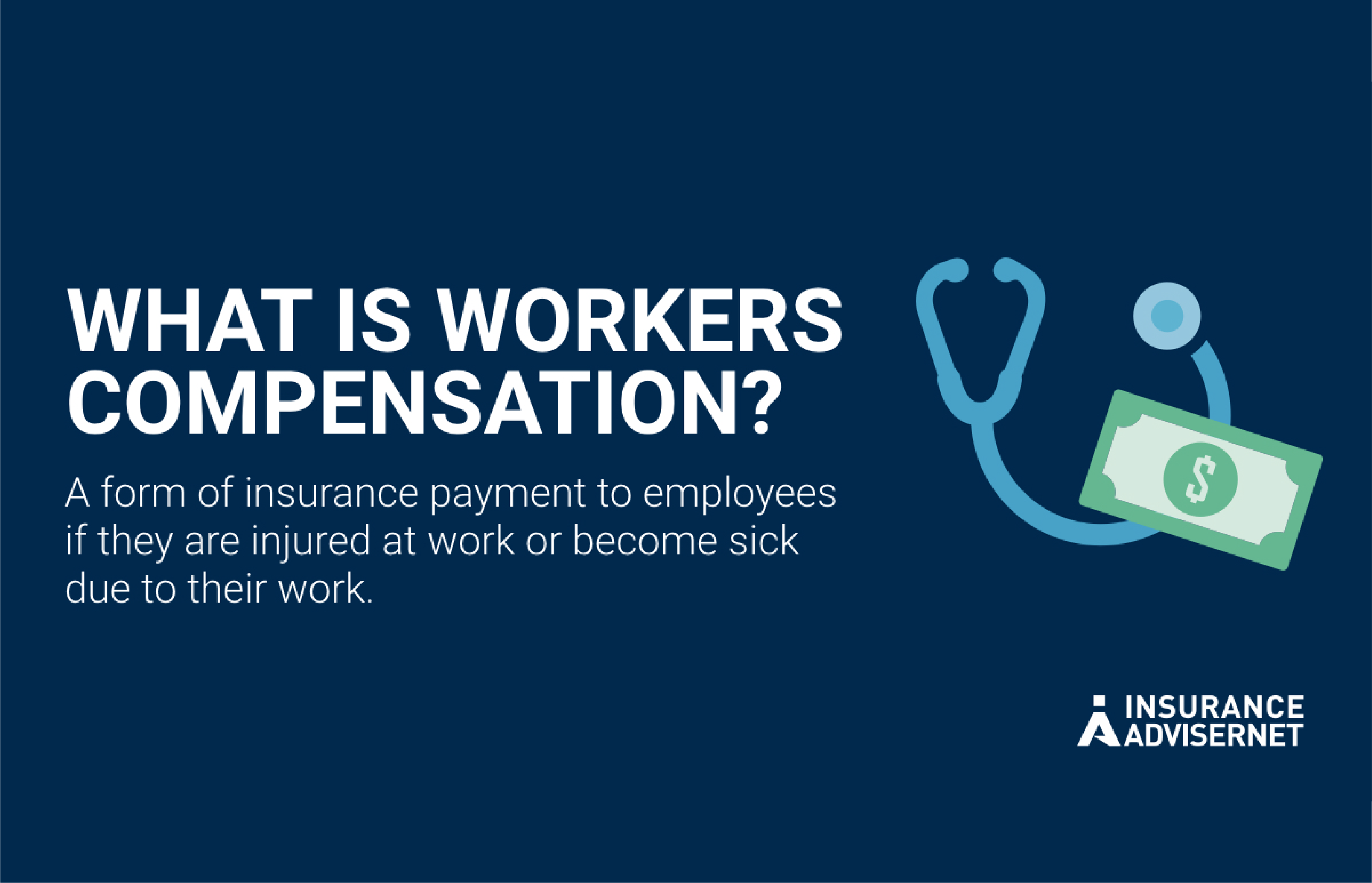SME Business Insurance
What is SME Business Insurance?
Any business in Australia, including small to medium-sized businesses, will benefit from an added layer of financial security in the form of an SME Business Insurance cover. This provides owners and businesses with protection against financial risks and the loss of key assets. It also protects customers, employees, suppliers, and contractors.
Some types of insurance are mandatory, like Workers' Compensation, Professional Indemnity, or CTP Insurance for motor vehicles – these are called statutory insurance covers. Other types of insurance are optional, but they are important ways of reducing business risk and protecting your finances and assets.
What does SME Business Insurance cover?
- Property Damage – cover ranges from fire, storm, lightning and other perils to any type of accidental loss or damage. The property insured includes damage to buildings, contents, stock, plant and equipment, raw materials, and consumer goods.
- Business Interruption – covers weekly amounts or net profit loss and ongoing fixed costs following property loss or damage. Also referred to as Loss of Profits or Consequential Loss Insurance.
- Burglary/Theft - covers break-in at the business premises and the damage is done, as well as theft of goods or stock;
- Money - covers theft of money in various locations (during transit, in a locked safe, or in a private residence) at any time (within and outside business hours).
- Liability - covers a variety of statutory and civil legal liability, including personal injury and property damage, environmental liability, management liability, statutory liability, professional liability, aviation, marine and motor vehicle-related liability;
- General Property - covers specified portable property against accidental loss or damage once it is taken off the premises, within Australia or overseas;
- Equipment - covers sudden internal derangement and accidental loss or damage to plant, equipment and machinery, as well as computer and other electronic equipment. Loss of stock and business interruption cover can also be part of this insurance.
- Motor vehicle & mobile plant – covers registered and unregistered motor vehicles, mobile plant & equipment, farm equipment, construction plant, as well as attachments and trailers. This insurance can also cover loss of income, downtime and hire costs of replacement equipment.
Speak to an insurance expert
It is our business to understand your objectives, needs, financial situation and risk profile and provide you and your business with tailored risk and insurance advice.
This is how we work with your business:
- We analyse your objectives, needs, financial situation and risk profile to develop appropriate strategies and solutions.
- With your input, we undertake risk assessments and conduct market research to determine the most suitable insurance product(s) for your key risk exposure.
- Your insurance adviser will present appropriate strategies and solutions and also negotiate and place insurance covers agreed.
Frequently Asked Questions
- How can insurance help small businesses in Australia?
- In Australia, small businesses are encouraged to invest in business insurance to help protect their business from costly eventualities like damage to property and liability claims. Investing in a comprehensive yet affordable insurance policy promotes the continuity of the business in times of losses or great financial trouble.
- What does SME stand for?
Small-to-medium enterprises (SMEs) are businesses whose revenue, number of employees and assets do not exceed a certain threshold. Each country or industry defines a set of criteria to determine whether an organisation falls under the SME category. - How can insurance help small entrepreneurs or SMEs, or how it relates to risk management?
Risk transfer is one of the treatment approaches in managing risks in business, and insurance is an example of risk transfer. It’s a strategy that SMEs employ to shift a risk or a liability from one party to another when that party specialises in managing a specific kind of risk/liability. - Why is insurance important for business owners?
Getting an insurance policy for your business is important, as it cushions or completely shields you from the hefty costs of certain unforeseen issues (accidents, damages to properties, effects of force), legal claims, and other liabilities. Without insurance, business owners might be forced to foot the bill out of their own pocket.



